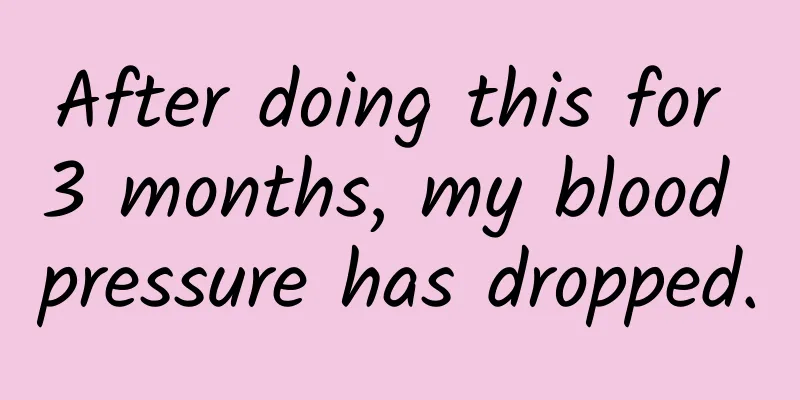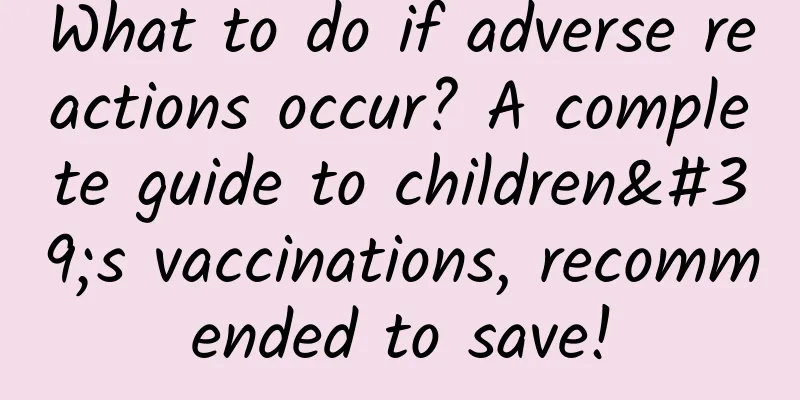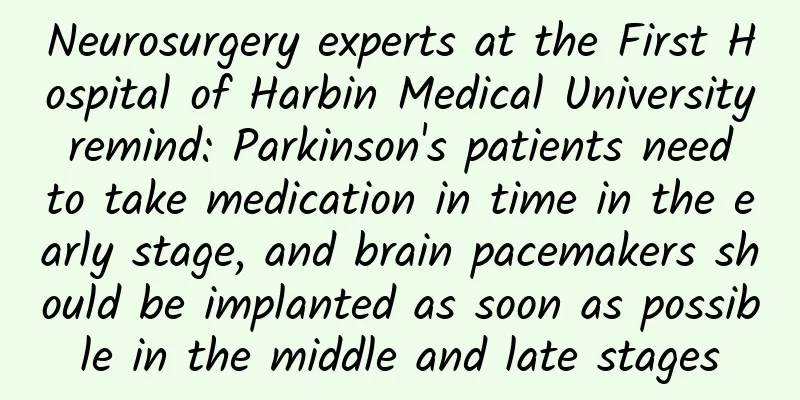After doing this for 3 months, my blood pressure has dropped.

|
Patient's self-report I am 45 years old and was diagnosed with hypertension a year ago. The doctor said that I had stage 1 hypertension (systolic blood pressure between 140 and 159 mmHg, diastolic blood pressure between 90 and 99 mmHg). In addition to medication, I could also lower my blood pressure through exercise . He recommended that I exercise more, so I decided to try running . At first, I felt very uncomfortable. I would feel out of breath after running for a short time, and out of concern for my heart health, I would always stop and rest after running only a short distance. Later, I looked up some information online and found that my previous running method might not be correct. It turns out that patients with high blood pressure need to pay attention to the following points when running : 1. Do warm-up exercises before running to avoid suddenly increasing the load on your heart. 2. When running, you should control the intensity and speed, and not run too fast or too hard. Generally speaking, the heart rate when running should be between 65% and 79% of the maximum heart rate, which means that you can talk intermittently while running, but you cannot sing. 3. Do some relaxation exercises after running to allow your blood pressure to drop steadily. Do not stop or lie down immediately. 4. The time and frequency of running should be appropriate. It is generally recommended to run at least 3 times a week, each time for about 30 minutes. 5. Carry emergency medicines with you while running and replenish water in time to prevent hypoglycemia or hypertension crisis. I adjusted my running plan based on these methods, and gradually I found that running became easier and more interesting. Every time I finished running, I felt relaxed and happy. After running for 3 months, I found that my blood pressure has improved significantly. My original blood pressure was about 155/95mmHg, and now it is basically stable below 140/90mmHg. My doctor was also very happy. He said that I could reduce the dosage of my blood pressure medication and complimented me that I looked 10 years younger than before. I am so grateful for the many benefits that running has brought me. It has not only effectively lowered my blood pressure, but also made me healthier, happier and more confident. I am determined to keep running and make it an indispensable part of my life. Doctor's explanation Does running help improve high blood pressure? For some people with mild hypertension , the answer is yes. In fact, running can even have a “relief” effect that can return blood pressure to normal. This is mainly because running can bring us the following cardiovascular health benefits. First of all, running is an aerobic exercise that can effectively promote blood circulation, enhance cardiopulmonary function , and make the myocardium stronger. Long-term running exercise can lower heart rate , and a slower heart rate is one of the important factors in lowering blood pressure. In addition, running can relax the mind, relieve stress , enhance self-confidence and increase vitality. This relief from stress and emotion also helps the body restore the balance of autonomic nervous regulation, reducing nervous tension and thus having a "relieving" effect on high blood pressure. Therefore, for some young and middle-aged people with newly-developed hypertension problems, especially when their blood vessels are still elastic, hypertension can be regulated and controlled through increased exercise, such as persistent running. But don't do strenuous exercise. It is recommended to just jog for no more than 45 minutes. It is important to note that the prerequisite for exercise is that blood pressure is lowered to a safe level. For hypertensive patients with systolic blood pressure >160mmHg and diastolic blood pressure >100mmHg, high-intensity exercises such as running are not recommended. Because when your blood pressure is too high, exercising will speed up blood flow, causing your blood pressure to further increase, which may lead to serious complications such as myocardial infarction and stroke. |
<<: Don't eat me signal and the truth about cervical cancer immune escape
>>: [Popular Science] If you have the flu, does drinking electrolyte water help?
Recommend
Why do women feel like urinating but cannot urinate?
For some female friends, when they find themselve...
[Health Preservation during the 24 Solar Terms] Summer Solstice is good for nourishing yang, removing dampness and protecting the spleen and stomach
Summer Solstice, one of the 24 solar terms, is al...
Is it common to get pregnant once on the ovulation day?
Most women in pregnancy know that about a week be...
What causes pelvic pain in pregnant women?
It is very important for pregnant women to take g...
Does a miscarriage make you age five years?
Some female friends will have miscarriages due to...
What are the causes of cervical erosion and bleeding?
Cervical erosion has physiological reasons, and i...
What are the hazards of heavy rain? What does the orange warning signal for heavy rain mean?
"The white rain reflects the cold mountain, ...
Why do I have leg pain every time I have my period?
Many women feel leg pain during their menstruatio...
The impact of pregnant women holding urine on the fetus
There are many things that pregnant women need to...
How to avoid Tai Sui during the Beginning of Spring? How to avoid spring during the Beginning of Spring?
The ancients set the beginning of spring as the f...
What are the benefits and effects of monk fruit? Who should not drink monk fruit?
Usually, people don't recommend taking medici...
Does Amoxicillin treat inflammation down there?
In today's daily life, gynecological inflamma...
What medicine should I use if there is a fishy smell down there?
In life, many women will suffer from some gynecol...
What kind of soil is used for growing tiger skin orchid and what can be used to fertilize tiger skin orchid?
Tiger skin plant is also called tiger tail plant,...
What is photosynthesis and what is its principle? What is electron transfer in photosynthesis?
For green plants, during sunny days, the leaves o...









